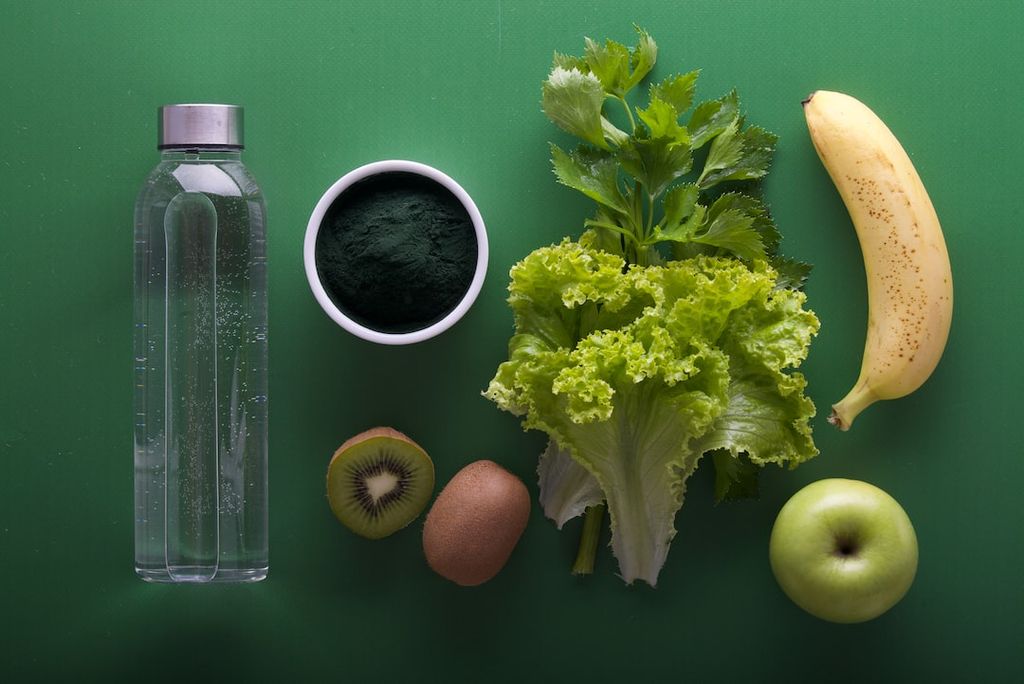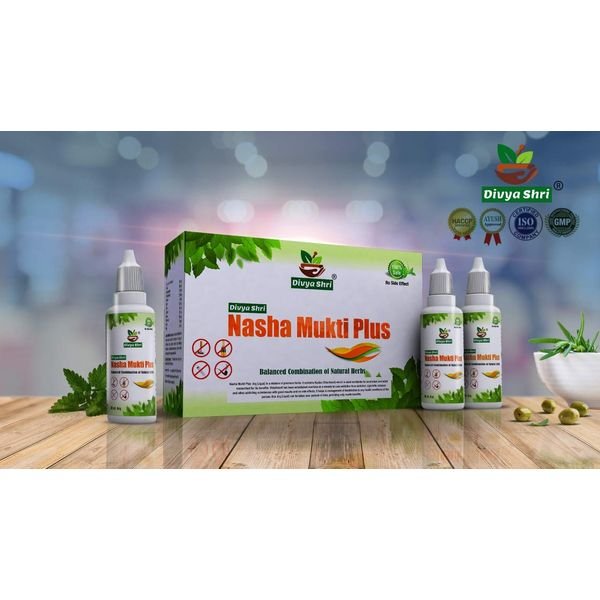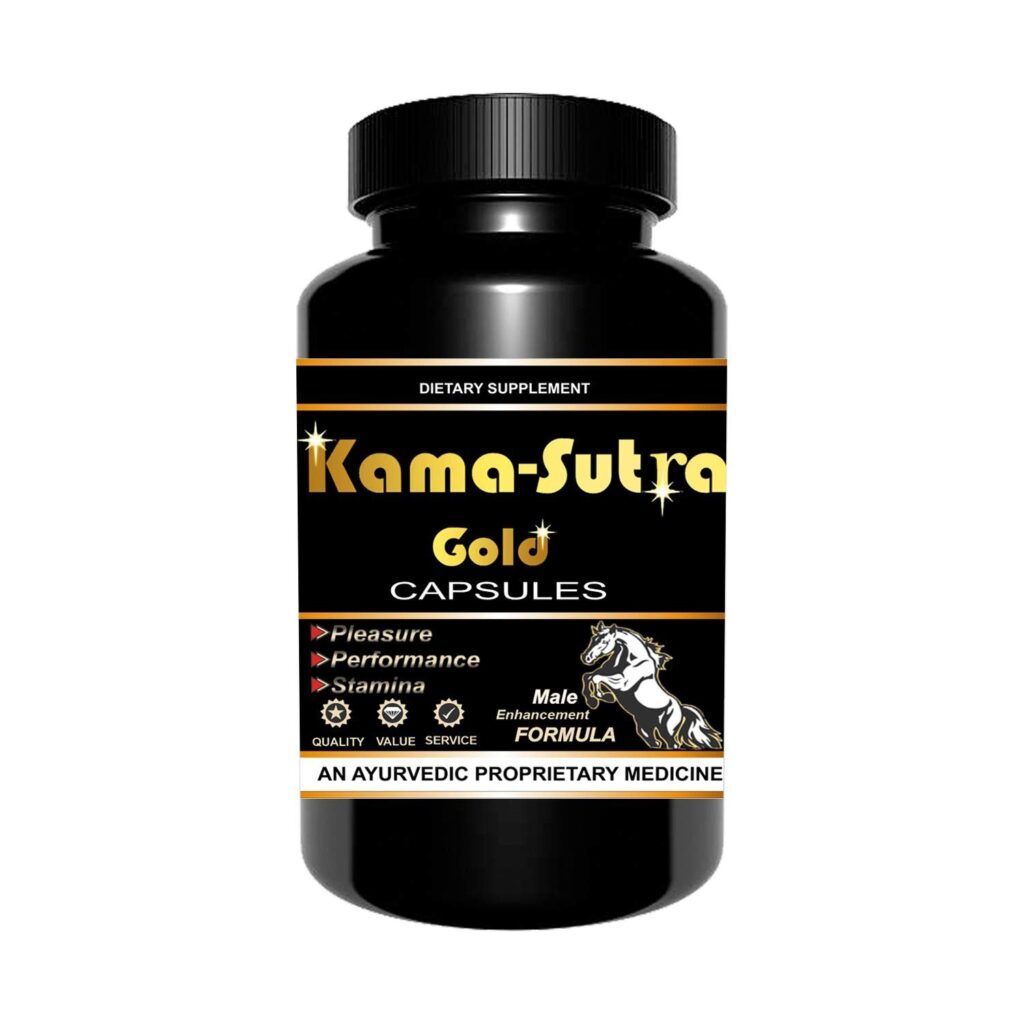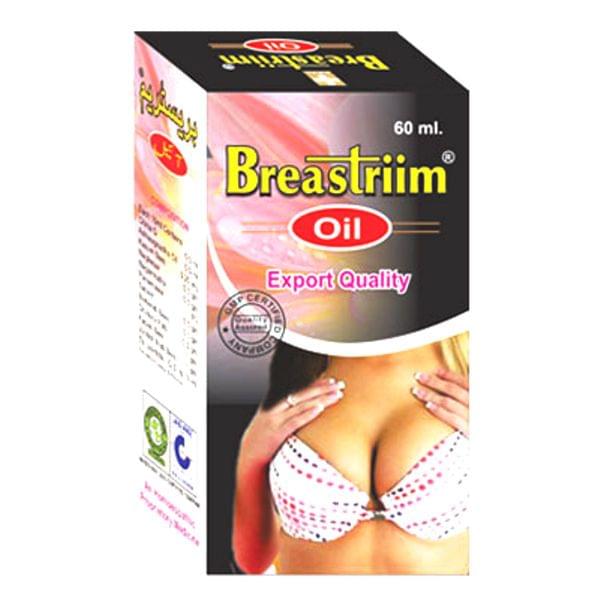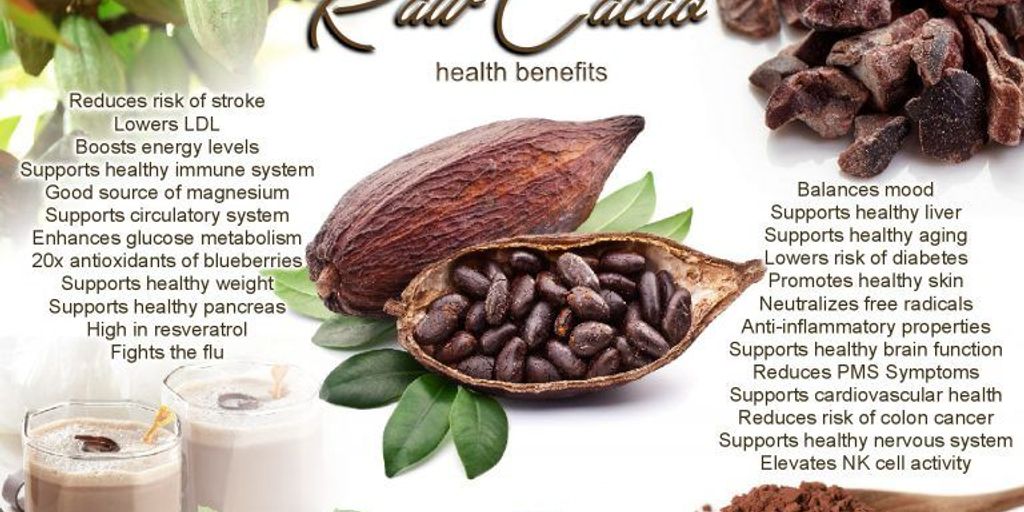Piles, also known as hemorrhoids, can cause discomfort and pain, affecting the quality of life for many individuals. In this comprehensive guide, we will explore the use of Piles Medicine Tablets for effective relief and digestive wellness. Understanding the types of tablets, choosing the right one, and using them effectively are crucial for managing piles. Let’s delve into the key takeaways from this guide.
Key Takeaways
- Understanding the types of Piles Medicine Tablets is essential for choosing the right one.
- Consider factors such as ingredients, dosage, and potential side effects when choosing a Piles Medicine Tablet.
- Using Piles Medicine Tablets effectively involves following best practices for relief and adopting suitable dietary and lifestyle recommendations.
- Knowing when to seek medical advice is important for managing piles and ensuring overall well-being.
- Stay informed about future developments in Piles Medicine Tablets and maintain a positive outlook on managing piles for better digestive wellness.
Understanding Piles Medicine Tablet
What are Piles?
Piles, also known as hemorrhoids, are swollen and inflamed veins in the rectum and anus. They can cause discomfort, pain, and bleeding during bowel movements. Piles can be internal or external, and they are often caused by straining during bowel movements, pregnancy, or sitting for long periods. It’s important to seek medical advice if you experience persistent symptoms or bleeding. Here is a table outlining the types of piles and their characteristics:
| Type of Piles | Characteristics |
|---|---|
| Internal | Inside the rectum and usually painless |
| External | Outside the anus and can be painful |
It’s essential to understand the different types of piles and their symptoms in order to choose the right treatment.
Remember, early detection and appropriate treatment can provide relief and prevent complications.
Types of Piles Medicine Tablets
Types of Piles Medicine Tablets
There are several types of piles medicine tablets available, each with its own unique formulation and mode of action. Some common types include:
- Fiber Supplements: These tablets contain high amounts of dietary fiber to promote regular bowel movements.
- Anti-inflammatory Tablets: These tablets help reduce inflammation and provide relief from pain and discomfort.
- Herbal Remedies: Made from natural plant extracts, these tablets offer a holistic approach to treating piles.
It is important to consult with a healthcare professional to determine which type of tablet is most suitable for your condition.
How Piles Medicine Tablets Work
Piles medicine tablets work by addressing the symptoms of piles, such as pain, itching, and swelling. These tablets may contain ingredients like witch hazel and horse chestnut, which are known for their anti-inflammatory and soothing properties. The table below outlines the types of piles medicine tablets and their key ingredients:
| Tablet Type | Key Ingredients |
|---|---|
| Type A | Witch Hazel |
| Type B | Horse Chestnut |
It’s important to note that different tablets may work differently for individuals, and it’s essential to consult a healthcare professional before starting any medication. When using piles medicine tablets, it’s crucial to maintain a fiber-rich diet and stay hydrated to promote digestive wellness. Additionally, individuals should be aware of potential side effects, such as nausea and diarrhea, and seek medical advice if these occur.
Choosing the Right Piles Medicine Tablet
Factors to Consider
When considering the right Piles Medicine Tablet, it’s important to take into account several factors such as the severity of the condition, the individual’s medical history, and any existing medications. It’s also crucial to consult a healthcare professional for personalized recommendations. Here’s a table outlining the factors to consider:
| Factor | Consideration |
|---|---|
| Severity | Mild, Moderate, Severe |
| Medical History | Allergies, Chronic Conditions, Previous Treatments |
| Medications | Current Medications, Drug Interactions |
It’s essential to carefully assess these factors before choosing a Piles Medicine Tablet. Additionally, be mindful of the potential side effects and proper dosage as outlined in the list below.
- Start with a low dosage and gradually increase if necessary
- Monitor for any adverse reactions
- Follow the recommended administration guidelines
Always seek professional advice before starting any new medication or treatment plan.
Dosage and Administration
When taking Piles Medicine Tablets, it is important to follow the recommended dosage and administration instructions provided by your healthcare professional. This may include taking the tablet with food or water to minimize potential side effects. It is advisable to keep a record of the dosage schedule to ensure consistency in treatment. Additionally, always consult your doctor before making any changes to the dosage or administration.
It is crucial to prioritize the safety and effectiveness of the medication by adhering to the prescribed dosage and administration. Any concerns or uncertainties should be discussed with a healthcare provider.
| Dosage Schedule | Administration | Potential Side Effects |
|---|---|---|
| Morning | With food | Nausea, Dizziness |
Potential Side Effects
Potential side effects of piles medicine tablets may include digestive discomfort, nausea, and allergic reactions. It is important to monitor for any unusual symptoms and seek medical advice if necessary. Here is a table outlining the potential side effects:
| Side Effect | Description |
|---|---|
| Digestive discomfort | Mild discomfort in the digestive system |
| Nausea | Feeling of queasiness or upset stomach |
| Allergic reactions | Adverse reactions due to allergies |
It’s important to note that not everyone will experience these side effects, and they may vary depending on the individual.
Using Piles Medicine Tablets Effectively
Best Practices for Relief
When experiencing discomfort from piles, it’s important to follow best practices for relief. This includes maintaining a high-fiber diet, staying hydrated, and avoiding straining during bowel movements. Additionally, regular exercise and avoiding prolonged sitting can help alleviate symptoms. It’s also essential to consult with a healthcare professional for personalized advice and treatment options.
| Practice | Description |
|---|---|
| High-fiber diet | Incorporate fruits, vegetables, and whole grains |
| Hydration | Drink plenty of water and fluids |
| Regular exercise | Engage in physical activity to improve digestion |
Seeking medical advice is crucial for effective management of piles discomfort and to prevent complications.
Dietary and Lifestyle Recommendations
When managing piles, it’s essential to focus on fiber-rich foods and stay hydrated. Incorporating fruits, vegetables, and whole grains into your diet can help promote regular bowel movements and reduce straining. Additionally, maintaining an active lifestyle and avoiding prolonged sitting can contribute to overall digestive wellness. Remember to consult a healthcare professional before making significant dietary or lifestyle changes.
It’s important to note that moderation is key when it comes to dietary adjustments. Gradually introducing new foods and activities can help your body adjust more comfortably. Here’s a simple table to help you identify high-fiber foods:
| Food Item | Fiber Content (per 100g) |
|---|---|
| Apples | 2.4g |
| Broccoli | 2.6g |
| Lentils | 7.9g |
| Quinoa | 2.8g |
| Almonds | 12.5g |
- Start with small portions of high-fiber foods
- Drink plenty of water to aid digestion
- Engage in regular physical activity for better circulation
When to Seek Medical Advice
If you experience persistent bleeding or severe pain, it is important to seek medical advice promptly. In addition, any signs of infection or prolonged discomfort should not be ignored. It’s crucial to consult a healthcare professional for proper evaluation and treatment. Remember, early intervention can prevent complications.
| Symptoms to Watch For |
|---|
| Persistent bleeding |
| Severe pain |
| Signs of infection |
| Prolonged discomfort |
Conclusion
Key Takeaways
Piles medicine tablets offer effective relief for hemorrhoids. It is important to consider the dosage and administration guidelines for safe and proper use. Maintaining a healthy diet and lifestyle can complement the benefits of these tablets. Remember to seek medical advice if symptoms persist or worsen.
It’s crucial to understand that piles medicine tablets are not a substitute for professional medical treatment. Always consult a healthcare professional for personalized advice and treatment options.
| Key Considerations | Details |
|---|---|
| Dosage | Follow recommended dosage instructions |
| Side Effects | Be aware of potential side effects |
Future Developments
As the field of piles medicine continues to advance, we can expect to see new innovations and technologies aimed at providing even more effective relief for piles sufferers. These developments may include improved formulations, targeted delivery methods, and enhanced combination therapies. Additionally, ongoing research into the underlying causes of piles could lead to breakthrough treatments that address the root causes of the condition. It is an exciting time for piles medicine, and these future developments hold the promise of significantly improving the quality of life for individuals dealing with piles.
The future of piles medicine is filled with potential, and it is likely that we will witness remarkable advancements in the coming years. These advancements have the potential to revolutionize the way piles are treated, offering new hope and relief to those in need.
| Future Development | Description |
|---|---|
| Improved Formulations | Enhanced and more effective medication formulations |
| Targeted Delivery Methods | Innovative methods for delivering medication directly to affected areas |
| Combination Therapies | Utilizing multiple treatment approaches for comprehensive relief |
Final Thoughts
In conclusion, the use of Piles Medicine Tablets can provide effective relief for individuals suffering from piles. It is important to consider the factors that influence the choice of the right tablet, including dosage, administration, and potential side effects. Additionally, incorporating dietary and lifestyle recommendations can complement the effectiveness of these tablets. However, it is crucial to be aware of the potential side effects and to seek medical advice when necessary.
It’s essential to remember that Piles Medicine Tablets are not a substitute for professional medical advice. Always consult a healthcare professional before starting any new medication.
| Key Takeaways | Future Developments |
|---|---|
| – Effective relief from piles | – Advancements in tablet formulations |
| – Consideration of dosage and administration | – Research on minimizing side effects |
| – Importance of dietary and lifestyle changes | – Integration of holistic wellness approaches |
Frequently Asked Questions
What are the common types of piles?
The common types of piles include internal hemorrhoids, external hemorrhoids, and prolapsed hemorrhoids.
How do piles medicine tablets work?
Piles medicine tablets work by reducing inflammation, relieving pain, and improving blood circulation in the affected area.
What factors should be considered when choosing the right piles medicine tablet?
When choosing the right piles medicine tablet, factors such as the severity of symptoms, existing medical conditions, and potential drug interactions should be considered.
What are the potential side effects of piles medicine tablets?
Some potential side effects of piles medicine tablets may include nausea, diarrhea, and allergic reactions. It is important to consult a healthcare professional before using any medication.
What are the best practices for using piles medicine tablets for relief?
Best practices for using piles medicine tablets for relief include following the recommended dosage, maintaining proper hygiene, and incorporating dietary fiber and fluids into the daily routine.
When should I seek medical advice for piles?
It is advisable to seek medical advice for piles if the symptoms persist, worsen, or if there is rectal bleeding, severe pain, or signs of infection.


